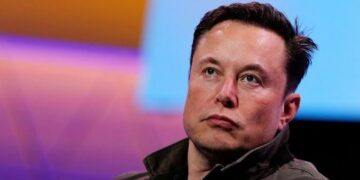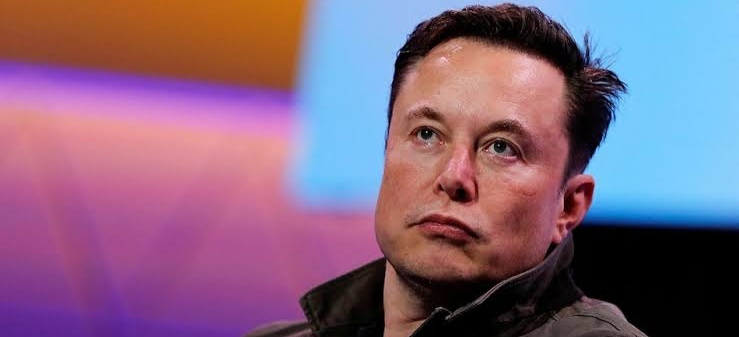By Emmanuel Nduka
Twitter and Elon Musk will face off in a five-day trial later in October this year over the billionaire’s change of mind about buying the social media company for $44 billion.
The decision from Chancellor Kathaleen McCormick, the chief judge at Delaware’s Court of Chancery, was a blow to Musk, whose lawyers sought a trial early next year.
But with the Twitter deal now in limbo, McCormick agreed to fast-track the trial during a hearing over Zoom on Tuesday.
“The reality is that delay threatens irreparable harm to the sellers and Twitter,” McCormick said in her ruling from the bench. “The longer the delay, the greater the risk.”
The Tesla and SpaceX CEO earlier this month said he was calling off the deal because of concerns over how many accounts on Twitter are fake or spam.
And then last week, Twitter sued Musk to force him to go through with the purchase, accusing him of using the issue of automated bot accounts as a pretext to get out of a deal that was no longer good for him financially.
Meanwhile, the October trial date is a win for Twitter, which had requested an expedited four-day trial in September.
The uncertainty caused by Musk’s threat to pull out of the deal “inflicts harm on Twitter every hour of every day,” Bill Savitt, Twitter’s lead lawyer, said at the hearing.
Musk’s lawyers argued they need more time to investigate his concerns over Twitter’s user figures, and that a trial should not take place before February.
Andrew Rossman, Musk’s lawyer, called Twitter’s request for a September trial “completely unjustifiable,” saying it would take months to analyze Twitter’s data and consult experts. He said Twitter had already dragged its feet about sharing information that Musk said he needed to vet the company’s estimates of fake accounts.
“The answers that he got were alarming. The runaround that he got from the company was even more alarming,” Rossman said.
Savitt accused Musk of trying to “sabotage” the deal and run out the clock past April 2023, when the $13 billion Musk has lined up from banks to fund the deal expires.
“Mr. Musk has made perfectly clear he has no intention of keeping any of his promises. Candidly, we suspect that Mr. Musk wants to delay this trial long enough to never really face a reckoning.”
Twitter argued Musk’s fixation on bots is a distraction from the question facing the court: whether Musk broke his legal agreement to buy the company.
Twitter has long said that it estimates less than 5% of daily users are not real people. Musk says he believes the true figure is much higher, but has not presented any evidence for his claim that Twitter is misrepresenting the prevalence of fake accounts on the platform.
The question of how many accounts are not real people “is emphatically and plainly not in front of the court,” Savitt said, because it is not part of the agreement Musk signed. He called it “an invented issue” intended to “obfuscate and delay.”
Rossman countered that Twitter’s user numbers are the key issue at stake in the dispute, and that the court should give Musk’s team time to dig in.
He accused Twitter of trying to “shroud in secrecy” its spam estimates in order to railroad Musk into completing the deal.
“We are pleased that the court agreed to expedite this trial,” a Twitter spokesman said after the ruling.




































